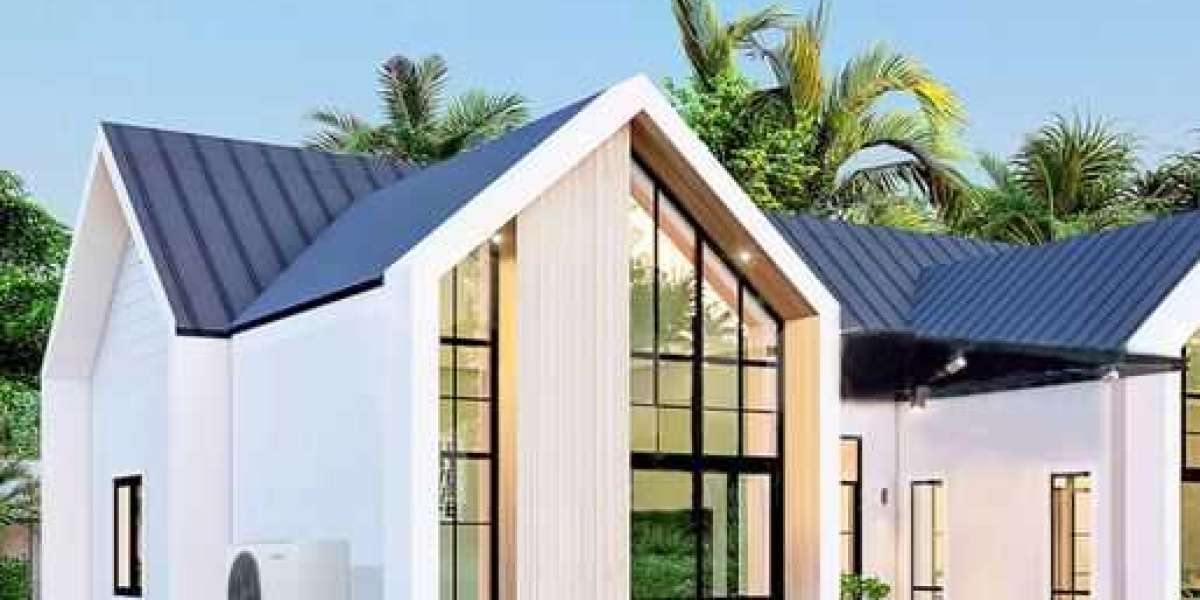Air source heat pumps have been widely used in Europe for several years now, and the trend is only increasing These systems are an excellent way for households to save on their energy costs and reduce their carbon footprint. In this article, we will explore how European countries are using air-to-water heat pumps to save their energy expenditures.
What is an air-to-water heat pump?
An air-to-water heat pump is a heating system that extracts heat from the air outside and transfers it to water. This water is then used to heat your home. The system works by employing a refrigerant to absorb heat from the outside air, which is then compressed, increasing the temperature. The heat is then transferred to water that is used to heat your home.
How does it save energy?
The main benefit of using an air to water heat pump is that it can save you a significant amount of energy in that it is a highly efficient system that uses renewable energy. The heat pump works by extracting heat from the outside air, which is an environmentally friendly source of energy. That means that the system does not rely on non-renewable energy sources such as gas or oil, which are becoming increasingly expensive.
The efficiency of an air-to-water heat pump is measured by its coefficient of performance (COP). This is the ratio of heat output to electrical input, and the higher the COP, the more efficient the system. Typically, air to water heat pumps are equipped with a COP of around 3-4, meaning that for every unit of electricity used to power the system, it produces three to four units of heat.
In addition to being energy efficient, air-to-water heat pumps also produce a lower carbon footprint than traditional heating systems. This is because they do not produce any carbon emissions during operation, as they do not burn fossil fuels.
How are European countries using air-to-water heat pumps?
European countries have been quick to adopt air-to-water heat pumps, with some countries leading the way in their use. Let's take a look at some of the ways that European countries are using air-to-water heat pumps to save on their energy checks.
Sweden
Sweden is one of the leading countries in Europe when it comes to using air-to-water heat pumps. The country has set a target to become fossil fuel-free by 2040, and air-to-water heat pumps play a crucial role in achieving this goal. The Swedish government has introduced a number of incentives to encourage homeowners to install air-to-water heat pumps, including subsidies and tax breaks.
In addition to this, the Swedish government has also introduced regulations requiring newly built homes to be built with energy-efficient heating systems, including air-to-water heat pumps. This has helped to drive the adoption of technology in the country.
Norway
Norway is another country that is leading the way in the adoption of air-to-water heat pumps. The country has a cold climate, and as a result, heating accounts for a significant proportion of household energy consumption. Norway has also been at the forefront of the adoption of air-to-water heat pumps. In fact, more than 80% of newly constructed homes in Norway are equipped with air-to-water heat pumps. The Norwegian government has also introduced incentives to encourage the adoption of these devices, including tax exemptions and reduced VAT rates for homeowners who install air-to-water heat pumps in their homes.
UK
In the UK, the government has introduced the Renewable Heat Incentive (RHI) to encourage the adoption of renewable heating technologies, including air-to-water heat pumps. This scheme provides financial incentives for homeowners who install renewable heating systems in their homes, including air-to-water heat pumps
In summary, European countries are using air-to-water heat pumps as a way to reduce their energy debt and carbon footprint. These devices are highly efficient and environmentally friendly, and many governments have introduced incentives to encourage their adoption. As the world becomes more concerned about the impact of fossil fuels on the environment, air-to-water heat pumps are likely to become even more popular as a renewable heating technology.
Zealux and his heat pump manufacturer have various strategies for orienting themselves with the trend of using air source heat pumps
Zealux focused on developing and marketing new, more efficient Inverboost technologies. This allowed them to stay ahead of the competition, providing excellent customer service and support to differentiate themselves from other competitors in the market. Still, Zealux focuses on offering competitive pricing or financing options to make air source heat pumps more accessible to a wider range of customers.
Ultimately, the orientation of heat pump suppliers to the trend of using air source heat pumps will depend on a variety of factors, including market conditions, customer demand, and the competitive landscape.

 ashp heat pump
ashp heat pump





